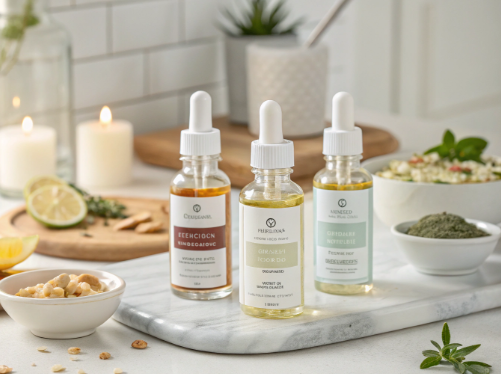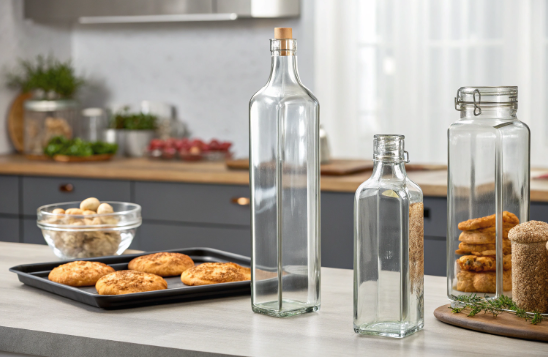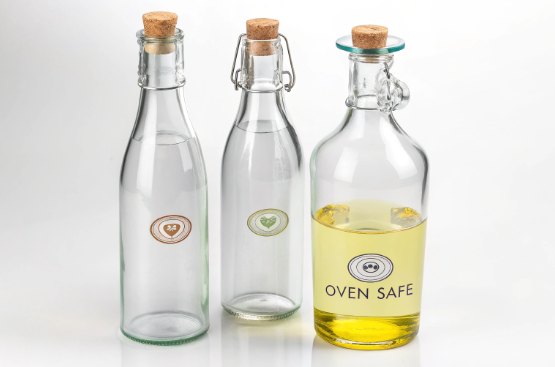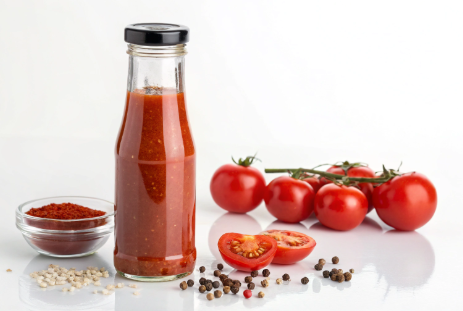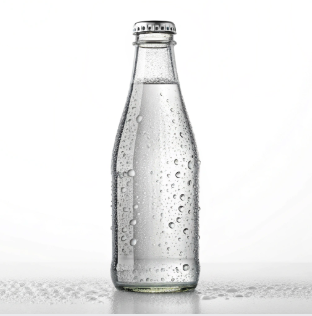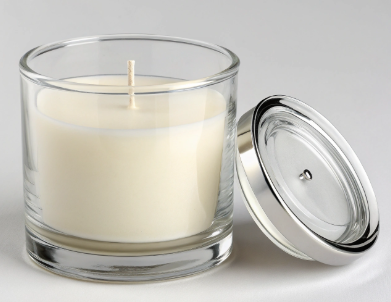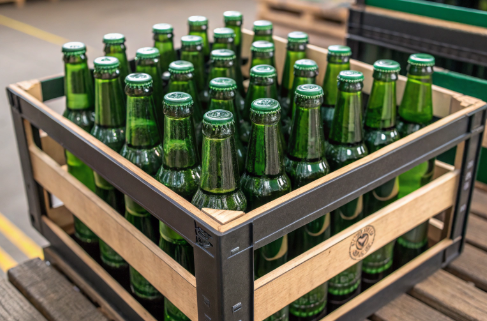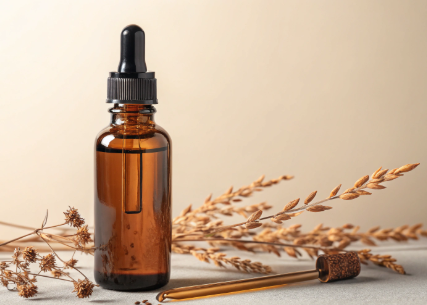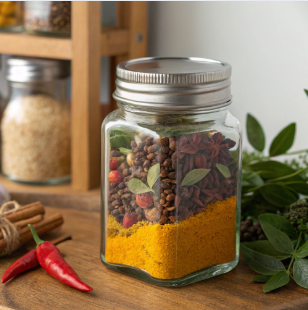Not all glass is equal, especially when it comes to heating. Using the wrong type in the oven can cause cracks, breakage, or worse.
To know if it is possible to bake a glass bottle, check that it is marked as oven safe, made of borosilicate glass without cracks, bubbles or non-glass parts (such as plastic covers).
At Paupack, we specialize in high-performance glass packaging, including heat-resistant bottles, designed for aesthetic appeal and thermal stability.
How to tell if the glass can be baked?
Just because its glass does not mean that it can handle heat.
Oven safe glass is usually made of borosilicate or tempered glass, and manufacturers usually label it as "Oven safe."
Oven Safety List
| Features | Oven safe? | Notes |
|---|---|---|
| Borosilicate Glass | ✅Yes | Designed to withstand thermal shock |
| Soda water in steel fight | ⚠️Sometimes | It can handle some heat, but it may break |
| Decorative Glass | ❌No | Usually fragile and does not undergo heat treatment |
| The existence of logo/mark | ✅Better | Look for pyrex, anchor joints or clear tags |
| Plastic or metal parts | ❌No | Removing the hat or ring before baking |
We always advise customers not to put Paupack’s decorative or cosmetic glass bottles in the oven unless explicitly stated as heat resistance – our packaging has been optimized for product safety rather than cooking.
How to know if the glass bottle is heat resistant?
Knowing your glass type is key - because heat resistance is more than just thickness.
Heat-resistant glass bottles will usually be made of borosilicate or high-temperature tempered glass that can withstand temperatures above 300°C without cracking.
Key signs of heat resistance
-
Tags or manufacturer specifications say "oven safe" or "borosilicate"
-
No visible bubbles, it weakens the structure under heat
-
Even thickness (avoid uneven shape of the base or decor)
-
No scratch surfaces, as scratches act as pressure points
At Paupack, we offer borosilicate glass options for specific industries such as food and laboratory packaging. For thermally sensitive applications, we always recommend using certified oven-safe containers.
Is it an oven-safe glass bottle?
Think twice before popping any glass bottle in the oven, especially for non-food uses.
Only use glass bottles specifically marked as oven safe in the oven; standard cosmetics or beverage bottles are not suitable for baking.
Risks of use of ordinary ovens
-
Heat shock: Sudden temperature changes lead to cracks
-
Expansion and rupture: The bottle may explode due to trapped air or moisture
-
Cover Material: Plastic, cork or metal cover will melt or warp
For brands in the food or health care industry who want to safely heat-treated content or packaging, Paupack can provide specifications for oven-safe, heat-resistant glass jars or containers that comply with FDA and EU standards.
How to know if the container is oven-based?
Not every jar, plate, or container that looks hard can actually absorb heat.
To verify the anti-oven status, check the packaging or manufacturer information. Find phrases like "oven safe", "heat-resistant glass", or a specific temperature rating.
Quick Test (Suggestions)
-
Visual Check: Is it thick, without bubbles, marked for heat use?
-
Manufacturer Research: Search for product codes or brands online
-
Avoid DIY baking test: Rest may cause injury or damage
At Paupack, our customers often require packaging that handles heat needs, especially for candle cans or sterilable makeup containers. Our customized glass solutions are not only beautiful but also certified with high temperature resistance.
Conclusion
Not all glass is oven safe, but with the right materials and markings, you will know what can bring heat. Paupack’s customized packaging solutions can help you feel confident, or better yet, build a brand that never cracks under pressure.




